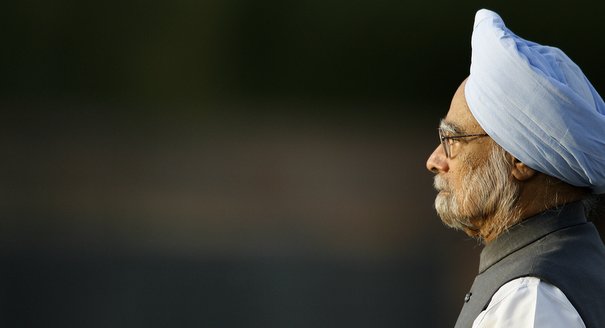Source: Xavier's Leadership Programme
In a lecture delivered to students at his alma mater in Mumbai, Ashley Tellis discussed the domestic context of India’s foreign policy since Independence. He argued that for India to succeed abroad it must first complete its nationalist project at home, which he identified as having three parts: a thriving political democracy, a liberal polity, and a developed economy. To achieve this “trinity,” Tellis recommended that India’s policymakers search for a “judicious balance” between market freedom and state intervention. Specifically, he encouraged lawmakers to abandon their historical reticence towards markets and embrace a more limited role for the state in the economy. Finally, in order to protect a balance of power throughout Asia in the coming decades, Tellis discussed the advantages of reaching out to allies outside of India’s immediate neighborhood, such as the United States.


.jpg)


